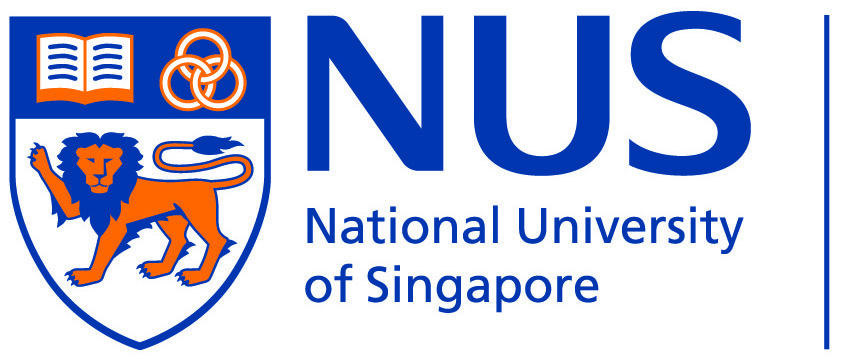We have observed a new wave of scam emails (known as Business Email Compromise or BEC) in NUS, some of which unfortunately involved individuals falling prey and leading to personal financial loss. Unlike phishing emails, these scams do not require you to click on any link or provide any credentials. Instead, they usually start with an innocuous message like “Are you available” and continue as a plea for help should one reply. Eventually, the scammer will attempt to convince and trick the victim into purchasing iTunes gift cards on their behalf. To add credibility, the emails are seemingly sent from someone of authority like the Head of Department using a spoofed email address.
» ChatGPT and the year AI may have officially passed the Turing test (and what it means to the research community)
Rikky Purbojati, Research Computing, NUS Information Technology, on 17 April 2023
Artificial intelligence (AI) has been a popular topic of discussion for many decades, but with the advent of advanced algorithms and powerful computing systems, it has now become a reality. One of the most significant advancements in AI technology is the development of chatbots and language models like OpenAI’s ChatGPT. These systems have elevated people’s imagination beyond expectation and have the potential to revolutionise the way we interact with technology.
» AlphaPulldown and PBS Job Array Demo
Ku We, Research Computing, NUS Information Technology, on 17 April 2023
AlphaFold2 has enabled structural modelling of proteins with accuracy comparable to experimental structures. A variety of modifications of AlphaFold2 have been developed to facilitate specific applications such as ColabFold (Mirdita et al., 2022), which accelerates the program and exposes useful parameters. AlphaFold-Multimer can also be applied to screen large datasets of proteins for new protein-protein interactions (PPIs) (Humphreys et al., 2021; Bryant, Pozzati, and Elofsson, 2022) and to model combinations and their fragments when modelling complexes (Mosalaganti et al., 2022).
Alphapulldown was developed as a Python package that streamlines PPIs screens and high-throughput modelling of higher-order oligomers using AlphaFold-Multimer.
» Utilising HPC resources for computational fluid dynamics (CFD) and computational solid mechanics (CSM) modelling of wave-structure interactions
Hu Zhengyu and Prof Pearl Li Yuzhu, Civil and Environmental Engineering, NUS, on 17 April 2023
Sea-level rise, extreme marine events, together with increasing flood risk due to climate change put coastal communities at a growing danger. Seawalls, which serve as a major coastal defense approach can effectively contribute to dissipating local hydrodynamic energy and protecting the shoreline from erosion. The existing seawalls are often designed to be hard structures. However, traditional seawalls have to suffer costly maintenance and repair, especially after extreme storms.
Therefore, investigating and optimising the characteristics of seawalls to improve their resistance against wave action is important.
» Getting access to the latest scientific software has never been easier with NUS HPC!
Miguel Dias Costa, Research Computing, NUS Information Technology, on 17 April 2023
A common first reaction of new users to shared computing resources such as HPC clusters is to ask, “why can’t I just use yum/apt/etc. to install the software I need?”
Package managers like yum and apt require administrative access and naturally users of a shared resource cannot be given administrative access as they have in their own laptops and desktops, but that’s not the only reason not to use such package managers.
